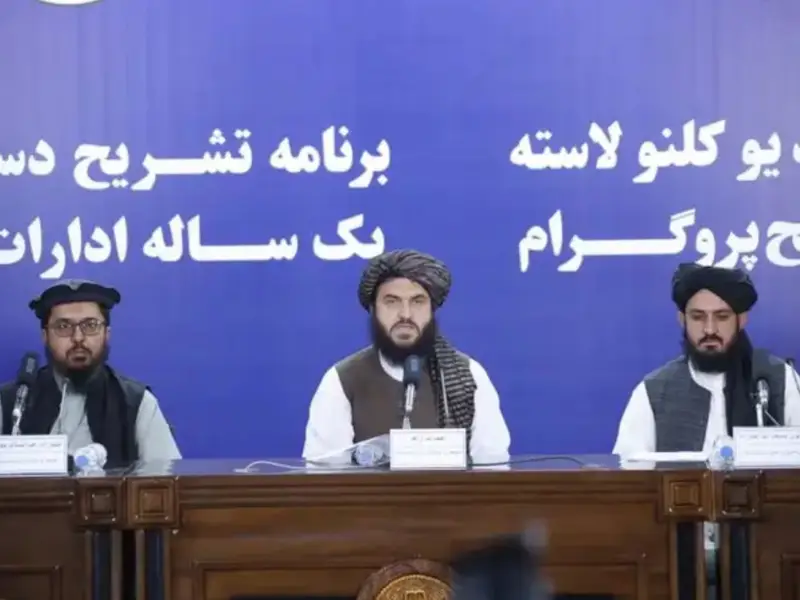The Ministry of Industry and Commerce, during the first day of presenting the achievements of government institutions, said that it has facilitated the expansion of Afghanistan’s trade relations with regional and global countries and has attracted investments.
According to officials in this ministry, about 800 billion afghani have been invested in the mining, transportation, and agriculture sectors in the country.
Ahmadullah Zahid, Deputy Minister of Industry and Commerce, said at this event that holding exhibitions of Afghan products inside and outside the country, creating a support fund for the private sector, facilitating transit, creating and activating a one-stop shop for processing export documents, better management of license distribution, strengthening and expanding trade relations with neighboring and regional countries in the past year have been among the most important achievements of this ministry.
Zahid said: “The Ministry of Industry and Commerce has prioritized the Islamic Emirate’s economy-oriented policy in the private sector and operates based on the principles of the Islamic Emirate.”
Officials of this ministry also said that they have created facilities for Afghan investors currently in Iran and Pakistan to transfer their assets to the country.
Sebghatullah Akhundzada, head of Investment Promotion and Support at the Ministry of Industry and Commerce, said: “The largest investment in Afghanistan has been in the mining sector, amounting to 506 billion afghani. Similarly, 11.5 billion afghani have been invested in the transportation sector and 117 million afghani in the agriculture sector.”
Akhundzada Abdul Salam Jawad, the spokesperson for the Ministry of Industry and Commerce, said at this event that Afghanistan conducted about 10 billion dollars in trade last year. He added that in 1402 (solar calendar), about 100 factories were established, and licenses were issued to over a thousand industrial and production companies.
Jawad said: “Employment for 646,000 people was created directly last year in the center and provinces through support and empowerment programs for factories, carpet factories, small and medium enterprises, and also through agreements with institutions.”
The increase in tariffs on Afghanistan’s fresh fruits and vegetables by Pakistan is also one of the challenges for Afghan traders.
Ehsanullah Fetrat, Head of Development at the Ministry of Industry and Commerce, said they are trying to address these problems through diplomatic means.
Fetrat said: “As we have discussed through diplomatic channels, they have responded that this is the case worldwide. We are indebted to the IMF, and it is the IMF’s policy that taxes have increased.”
The Ministry of Industry and Commerce also added that last year, about 10 billion dollars in trade was conducted with regional and global countries, of which 1.8 billion dollars were exports.

